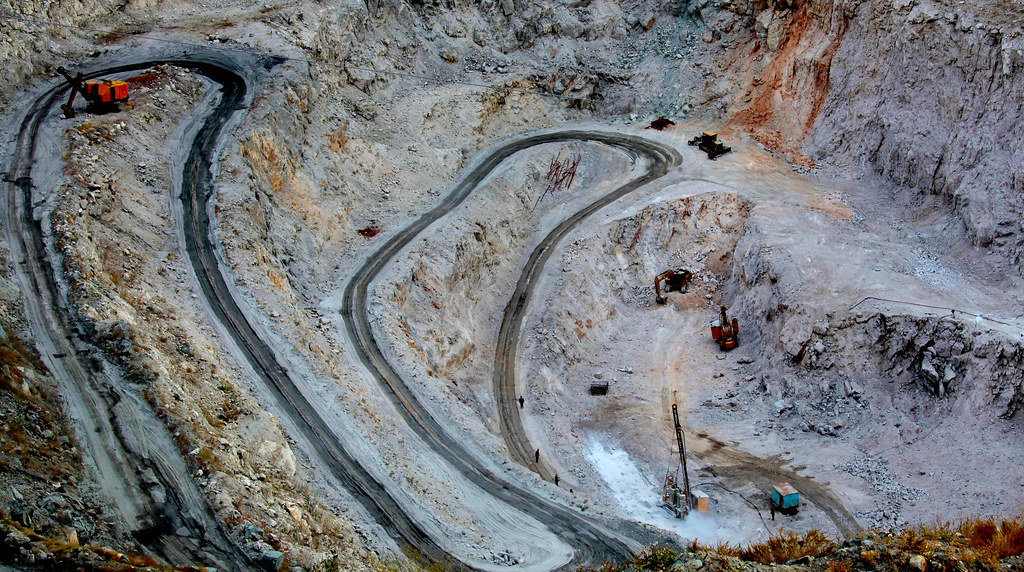Does China have a problem with rare earths?

China dominates the refining of rare earths, strategic metals for industry and defence. But it is increasingly dependent on foreign countries – even the United States – for supplies of raw materials. It is a condition that worries Beijing
China dominates the global supply chains of rare earths, a group of seventeen metals that are "critical" because they are used in the construction of electronic appliances, devices for renewable energy, automobiles and weapon systems. However, the specialized newsletter The Rare Earth Observer has noticed particular movements: perhaps driven by the fear of running out, Beijing has significantly increased imports of these elements.
THE LEVELS OF IMPORTATION AND EXTRACTION OF RARE EARTHS
In fact, in 2021, China imported 40 percent more raw rare earths; in parallel, its share of extraction has fallen to 58 percent of the global total, much less than the peak of 98 percent reached in 2010. The data signals that other countries are increasing the production of rare earths to ensure greater certainty of the supplies.
Mining, however, is not enough to ensure autonomy: to use them in technological products – often in the form of magnets – the rare earths must first be processed through complicated processes. The raw mineral must first be crushed and ground to obtain metals; after which we move on to the phase of chemical separation of the various elements; finally, the rare earths must be refined in order to obtain highly pure metals.
THE "UNCOMFORTABLE" OF CHINA
China has a near-monopoly on every stage of rare earth processing after mining. If it is true that this guarantees it a strong hold on global value chains, on the other hand it obliges it to import large quantities of raw minerals with which to feed its industrial processes. Rare earths are mainly extracted – as well as in China itself – in Australia, the United States and Myanmar.
Thomas Krümmer, author of The Rare Earth Observer newsletter, explained to Quartz that China has less than 20 percent of the world's reserves of rare earths, but is worth more than 85 percent of their refining: this imbalance, he said, it is a cause of "inconvenience" for Beijing.
THE LINK WITH THE UNITED STATES
“China is highly dependent on imports of rare earth raw materials from abroad and knows full well that this dependence could be used against it,” Krümmer said. “What would they do if the United States cut off their Mountain Pass supplies?”
Mountain Pass, California, is the only rare earth mine in the United States: it is operated by MP Materials, which usually sends the extracted raw material to China to be refined; however, the company intends to open a separation plant in the United States, and has recently made an agreement with Japanese customers to supply them directly – once the facility goes into operation – with the processed materials, eliminating Chinese intermediaries.
In 2021, the Mountain Pass mine alone accounted for 15 percent of global rare earth mining.
EVEN CHINESE SCIENTISTS SOUND THE ALARM
Last year Wang Anjian, a Chinese academic of the Beijing Academy of Geological Sciences, dedicated a paper precisely to the contraction of the Chinese mining sector: "the security of raw materials for China's large industrial system", he wrote, "is worrying".
To compensate for insufficient domestic production, companies in China's rare earth supply chain are increasing investment in overseas raw material supplies by signing long-term procurement contracts, Quartz explains.
This is a machine translation from Italian language of a post published on Start Magazine at the URL https://www.startmag.it/energia/cina-terre-rare-importazioni/ on Wed, 05 Apr 2023 07:24:45 +0000.
